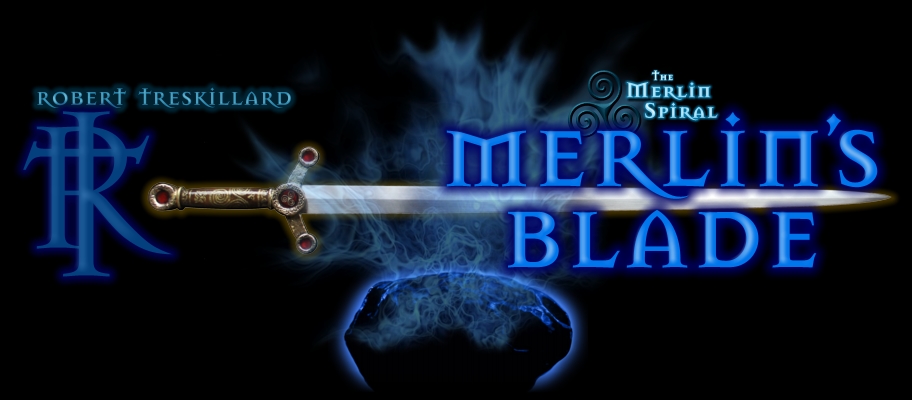Making Fiction Seem Old
I encountered a problem while I was writing my latest scene. I had to make a scripture which one of my characters read out loud seem old. I couldn’t just plunk in the NIV, could I? What about the KJV? Not quite old enough! After all, my book is taking place in the 5th century.
Another issue is that supposedly my characters speak a form of Gaelic … or ancient Cornish to be exact, which was probably closer to Irish, Scottish, and Welsh Gaelic back then. Also, their culture is completely different from ours … I would need to contextualize the scripture so that an ancient Celt could understand it.
As part of this, I decided to use “Thee” and “Thou” not only to make the scripture seem more lofty, but also to give it an older feel. And yes, I know what you’re thinking. “Thee” and “Thou” comes from middle English, or shall I say, “Anglo-Saxon”, and not Gaelic/British. You see my difficulty. My justification of this is that I am trying to represent an “even older” form of my characters speech, and since my book is written in modern English, the only way I can give the reader a feel of “oldness” is to use “Thee” and “Thou”.
Anyway, this is what I came up with for Psalm 16. Go ahead and compare it to your translation and give me a comment or two. It’s kind of fun.
(1) Safen my way, O God, for in thee I hide my soul.
(2) I say to the Lord, “Thou art my King; apart from thy courts I would be living amongst the dung.”
(3) I say of the pagan drewyds and their followers scattered throughout the land, “Surely they shall sorroweth sorely who lusteth for any other god but thee.”
(4) For never again shall I pour out blood upon their altars; nor any more shall I utter with my lips their cursed names.
(5) Mighty King! In thy feasting hall thou givest to me my meat and my bowl of gladness; Thou givest to me a house and bounteous land which no enemy shall steal from me.
(6) And with thine help my fortress walls shall never be breached, and yea, I am happy within! There my warriors shall flourish, my sons groweth strong, and my daughters singeth thy praises.
(7) My lungs shall ever burst with exultation, and nestled amongst them my heart shall beat in joy as I listen to thy words.
(8) For surely upon my head thou art the truest helm, in my right hand thou art the sharpest sword, and on my left arm thou art the strongest shield that no hammer blows shall dent.
(9) When I am with thee my mouth tastes the sweetness of thy honey comb and mine inmost parts are made glad.
(10) Because I know that thou hast been faithful to thine own Holy Son, yea I know it full well that even in death I need not fear, for thou shalt never disinherit me nor shalt thou throw me to the dogs.
(11) For in time long past thou shewest unto me the safe highland path… even now I tread upon it to thy mountain court. There shall I see thy happy countenance and thou shalt sit me down as thy champion, and I shall joyous be and feast and merrymake forevermore!
One issue I am still dealing with is that at verse 3 there is a variant (see the NIV footnotes). I liked the variant so much that I chose to use it, but I need to do some research to see if they had that variant of the manuscripts available to them.
(Note: All excerpts from my book are copyright © 2007 by Robert Treskillard. ALL RIGHTS RESERVED.)
